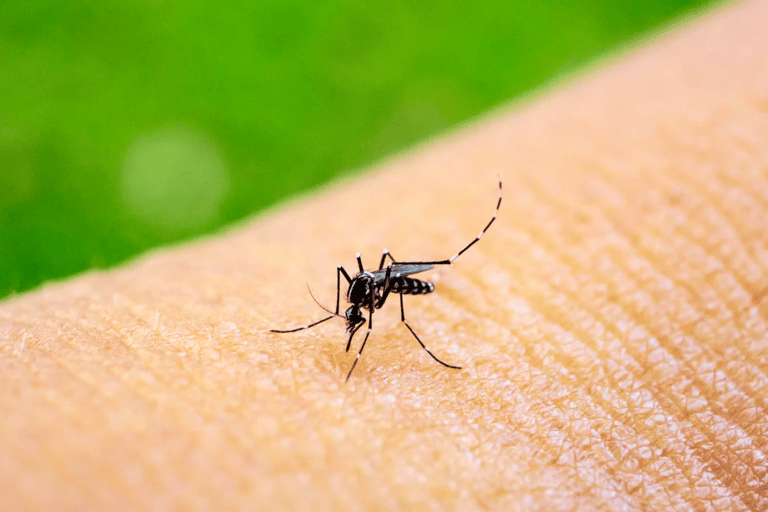Dengue and Chikungunya in Children
Learn about Dengue and Chikungunya in children, their symptoms, prevention, and treatment to keep your child safe and healthy. Dengue and Chikungunya in children and young adults
CHILD HEALTH


Introduction
Dengue and Chikungunya are viral infections transmitted by mosquitoes, primarily affecting children and young adults. Understanding their causes, symptoms, effects, and preventive measures is crucial for parents to protect their children.
Causes
Both Dengue and Chikungunya are spread by the Aedes mosquitoes (Aedes aegypti and Aedes albopictus). These mosquitoes are most active during the day, especially early morning and late afternoon.
Symptoms
Dengue Symptoms:
High fever (up to 104°F or 40°C)
Severe headache
Pain behind the eyes
Joint and muscle pain
Nausea and vomiting
Skin rash appearing 2-5 days after the onset of fever
Mild bleeding (nose or gums)
Chikungunya Symptoms:
Sudden high fever
Severe joint pain (often in hands and feet)
Muscle pain
Headache
Fatigue
Rash
Effects
Dengue:
Mild Dengue: Flu-like symptoms that resolve in about a week.
Severe Dengue (Dengue Hemorrhagic Fever): Can cause severe bleeding, organ impairment, and plasma leakage, potentially leading to shock and death.
Chikungunya:
Most people recover within a week, but joint pain can persist for months or even years in some cases.
Rarely fatal, but can cause severe, debilitating pain.
Treatment
There is no specific antiviral treatment for either disease. Management focuses on relieving symptoms:
Rest and hydration: Essential for recovery.
Pain relief: Paracetamol (acetaminophen) is recommended. Avoid aspirin and NSAIDs until Dengue is ruled out to prevent bleeding complications.
Medical care: Seek immediate medical attention if symptoms worsen or if there are signs of severe Dengue.
Precautions
Avoid mosquito bites: Use insect repellent, wear long-sleeved clothing, and use mosquito nets.
Eliminate mosquito breeding sites: Empty standing water from containers, flower pots, and tires.
Stay informed: Be aware of outbreaks in your area and take extra precautions during these times.
Conclusion
By understanding the causes, symptoms, and preventive measures for Dengue and Chikungunya, parents can better protect their children from these potentially serious diseases. Stay vigilant and proactive in mosquito control to ensure the health and safety of your family.
Disclaimer: This blog post is for informational purposes only. Always seek professional advice for personalized recommendations.
